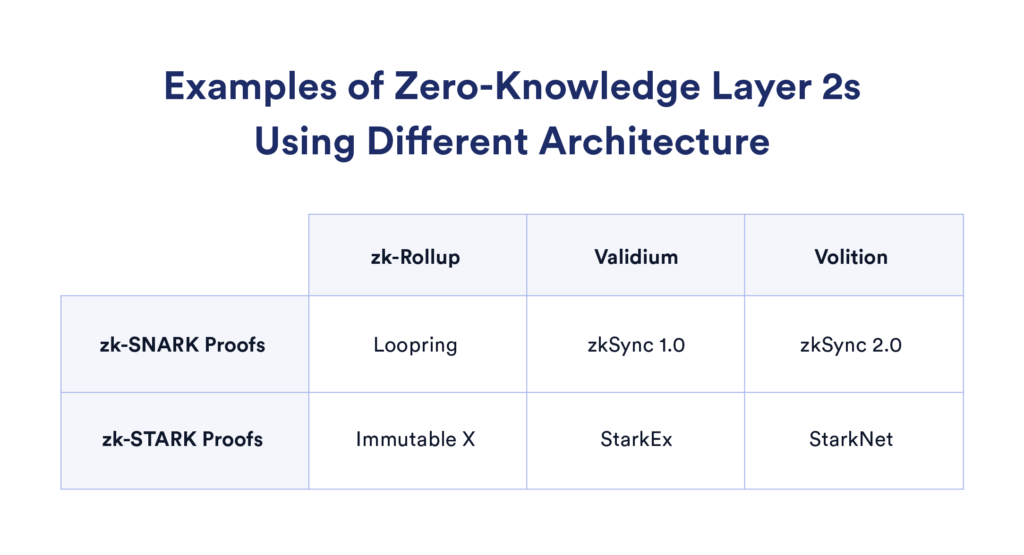
Identity management in decentralized environments is one of the most complex and critical challenges in today’s blockchain ecosystem. As decentralized applications expand and regulatory frameworks tighten, the need arises for solutions that balance privacy, security, and compliance. We explore how Zink’s zero-knowledge profiles represent a significant advancement in this direction, offering an innovative, efficient, and Web3-aligned digital identity system
In the evolving ecosystem of blockchain and decentralized technologies, identity management remains one of the most critical and challenging components. Traditional models, which rely on centralized authorities and databases, often suffer from vulnerabilities such as data breaches, identity theft, and privacy erosion. In response to these longstanding issues, Zink introduces a revolutionary approach: on-chain Zero-Knowledge Profiles (zProfiles). These profiles are a paradigm shift toward a more secure, user-centric, and privacy-preserving identity framework, leveraging the mathematical robustness of zero-knowledge proofs (ZKPs) to authenticate users without exposing their underlying data. As decentralized applications (dApps), decentralized finance (DeFi), and Web3 platforms scale, the role of such identity solutions becomes foundational in building trust, compliance, and usability across the crypto ecosystem.
The Technical Foundations of Zink’s Zero-Knowledge Profiles
At the core of Zink’s zProfiles lies the concept of zero-knowledge proofs—a cryptographic technique that allows one party (the prover) to prove to another (the verifier) that a certain statement is true without revealing why it’s true. This enables the verification of credentials such as age, residency, or institutional affiliation without disclosing the specific data involved. Zink builds upon advanced zk-SNARKs (Zero-Knowledge Succinct Non-Interactive Arguments of Knowledge) and zk-STARKs (Scalable Transparent ARguments of Knowledge), depending on use-case performance and transparency requirements.
The result is an identity layer that is cryptographically secure, tamper-proof, and composable across multiple dApps. These zProfiles are embedded directly into blockchain networks as smart contracts or modular identity modules, allowing real-time verification and authentication without relying on off-chain identity databases or third-party oracles. This not only reduces attack surfaces but also aligns with the decentralized ethos of blockchain technology.

Enhancing User Autonomy and Privacy in Decentralized Environments
User onboarding and interaction within Web3 platforms often involves a trade-off between convenience and control. Traditional systems require repeated KYC (Know Your Customer) procedures, manual approvals, and redundant data entry. Zink’s zProfiles offer a novel alternative: users can create a reusable, portable digital identity that is verified once and recognized universally across supported ecosystems.
Through the implementation of permission layers and selective disclosure, users can control which aspects of their identity are shared with which platform. For instance, a user may need to prove they are over 18 to access a decentralized gaming app, without revealing their birthdate or real name. This granular privacy model not only enhances user trust but also enables applications to implement privacy-by-design architecture.
Furthermore, the automation of approval workflows—powered by programmable credentials and smart contracts—reduces friction in high-frequency environments such as play-to-earn gaming, NFT marketplaces, or decentralized exchanges. This leads to a smoother and more consistent user experience, with near-instantaneous interaction, even under heavy transactional loads.
Regulatory Compliance Without Compromising Privacy
One of the key challenges for Web3 platforms, especially in Asia and other jurisdictions with stringent data regulations, is the balancing act between privacy and compliance. Regulations such as GDPR in Europe, PDPA in Singapore, and the Personal Information Protection Law (PIPL) in China require strong data protection mechanisms while enforcing AML (Anti-Money Laundering) and KYC protocols.
Zink’s architecture bridges this gap by allowing entities to verify regulatory credentials—such as proof of identity, address, or accreditation—without storing or exposing that data. Institutions can interact with users and validate their credentials in a decentralized, trustless environment while maintaining full regulatory auditability.
Moreover, the integration of artificial intelligence and real-time reporting automation enables crypto businesses to generate compliance logs and documentation for regulators dynamically. This not only reduces overhead costs associated with compliance departments but also minimizes human error and increases the responsiveness of these organizations in highly dynamic legal environments.
Risks and Technical Limitations of Zero-Knowledge Identity Systems
Despite their enormous potential, zero-knowledge identity systems are not without trade-offs. One of the more contentious issues in the decentralized identity debate is the tension between pseudonymity and identity binding. While Web3 culture is built on anonymous or pseudonymous participation, zero-knowledge systems that enforce “one identity per user” models—often necessary to prevent Sybil attacks or ensure fair participation—can inadvertently restrict users’ freedom to manage multiple personas or wallets.
Additionally, the computational intensity of zero-knowledge proofs, particularly when operating on constrained devices or low-latency blockchains, can present scalability bottlenecks. zk-SNARKs, although efficient in verification, require trusted setups and complex proof generation, whereas zk-STARKs offer transparency but at higher computational cost and proof size. These factors must be carefully considered when architecting blockchain infrastructure for real-time or large-scale use.
From a development perspective, implementing secure ZK-based identity frameworks demands deep cryptographic expertise. Mistakes in protocol design or smart contract implementation can lead to severe vulnerabilities, such as replay attacks, oracle manipulation, or faulty proof verifications. As such, rigorous formal verification, third-party audits, and continuous vulnerability assessments are mandatory for responsible deployment.
Operational Advantages for DAOs and Crypto Enterprises
Decentralized Autonomous Organizations (DAOs) and crypto-native enterprises often face operational inefficiencies stemming from fragmented identity systems. With zProfiles, DAOs can streamline member onboarding, reputation tracking, and access control through a unified identity layer. For example, voting rights, role assignments, or contribution records can be linked to a verifiable identity, enhancing transparency and governance effectiveness without revealing sensitive personal data.
Moreover, Zink’s identity layer allows crypto enterprises to maintain high standards of operational compliance while reducing dependence on third-party KYC providers. This is especially beneficial in jurisdictions like the United Arab Emirates or Switzerland, where clear regulatory frameworks for digital assets exist but demand rigorous adherence.
Zink’s modular architecture also supports hybrid deployments, enabling enterprises to integrate with both public and permissioned blockchains. This flexibility ensures that businesses can operate in compliance-heavy environments while still benefiting from the security and auditability of decentralized technology.
Web3 Business Banking and the Future of Crypto-Financial Integration
As decentralized finance matures, the line between traditional banking and blockchain-based financial systems continues to blur. Zink’s identity infrastructure is uniquely positioned to support the emergence of Web3 business banking—a model in which startups and digital-native companies manage treasury, payroll, loans, and financial reporting entirely on-chain.
By embedding identity verification into financial smart contracts, Zink enables secure, rules-based access to crypto credit facilities, liquidity pools, and yield optimization tools. This transforms how businesses interact with capital, reducing reliance on intermediaries and lowering barriers to entry for startups in emerging economies.
In tandem, crypto-native banks and neobanks can use Zink to offer regulatory-compliant digital onboarding, transaction monitoring, and risk scoring—thus extending banking services to sectors historically underserved by traditional financial institutions.
Identity as the Infrastructure Layer of Web3
Zink’s Zero-Knowledge Profiles represent more than a technological innovation—they signal a philosophical and architectural evolution in how identity is conceived within digital ecosystems. As we move toward a future where decentralized applications replace traditional intermediaries in finance, education, healthcare, and governance, the need for a secure, interoperable, and privacy-preserving identity layer becomes paramount.
Through its combination of cryptographic precision, regulatory foresight, and user-centric design, Zink provides the building blocks for a truly decentralized digital society. While challenges remain—ranging from technical complexity to ethical considerations around data control—the trajectory is clear: the future of digital identity is decentralized, programmable, and private by default. And Zink is paving the way.
